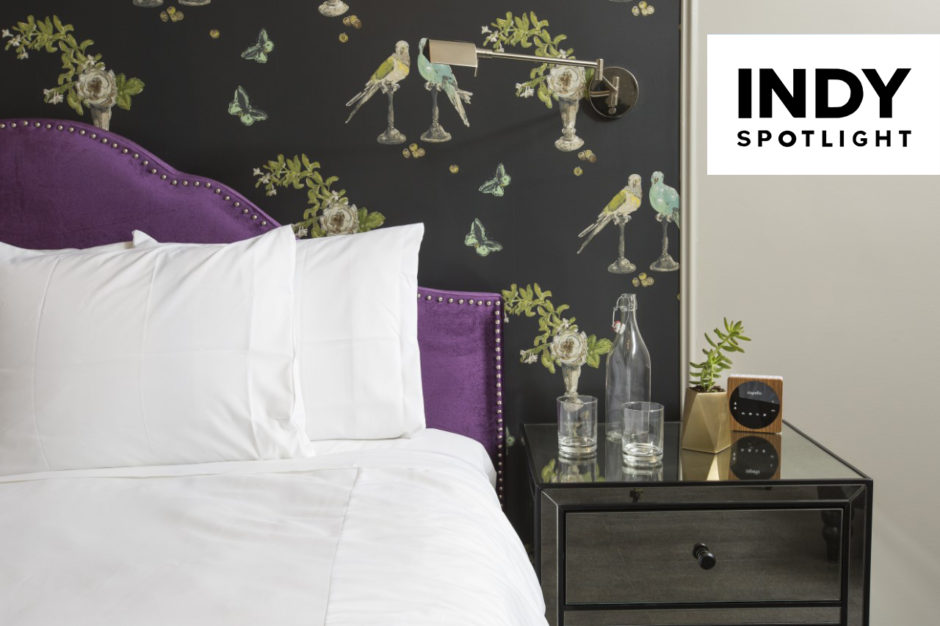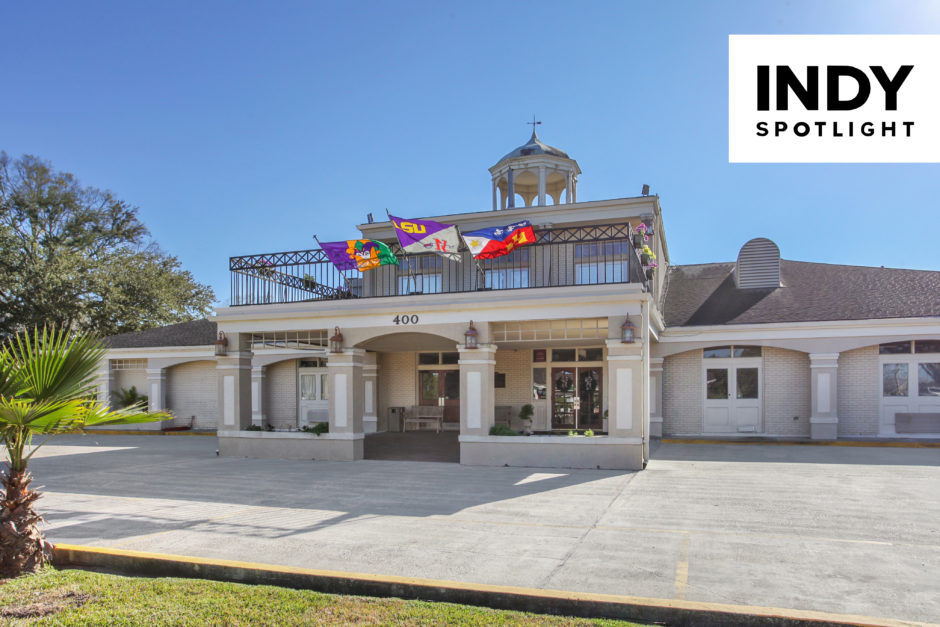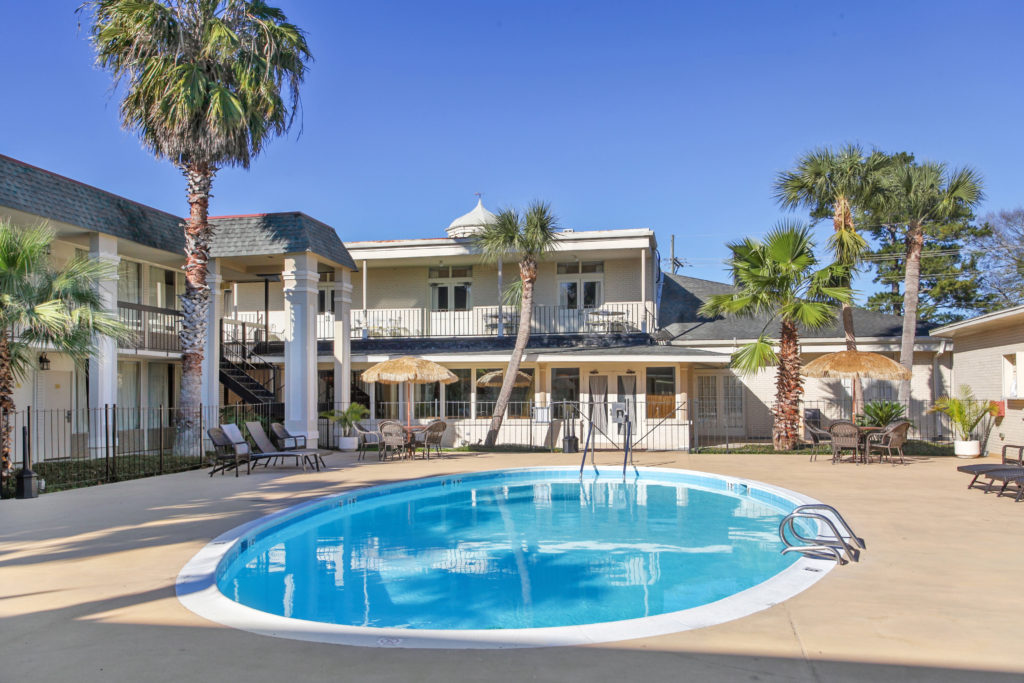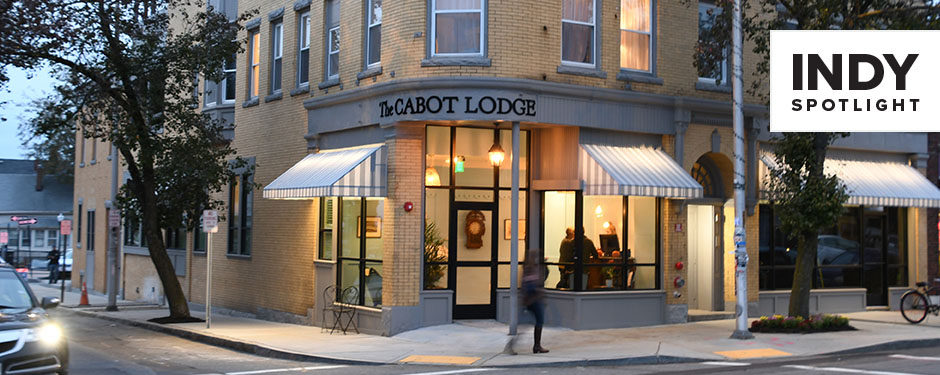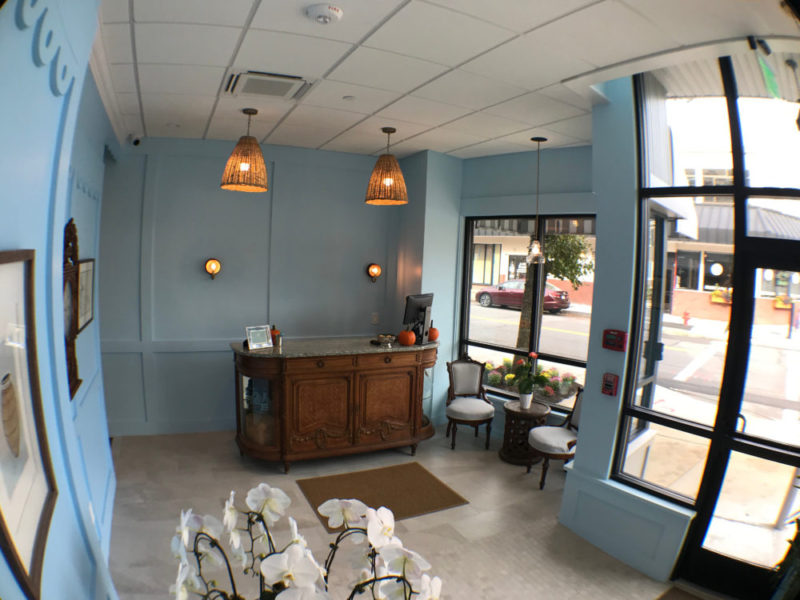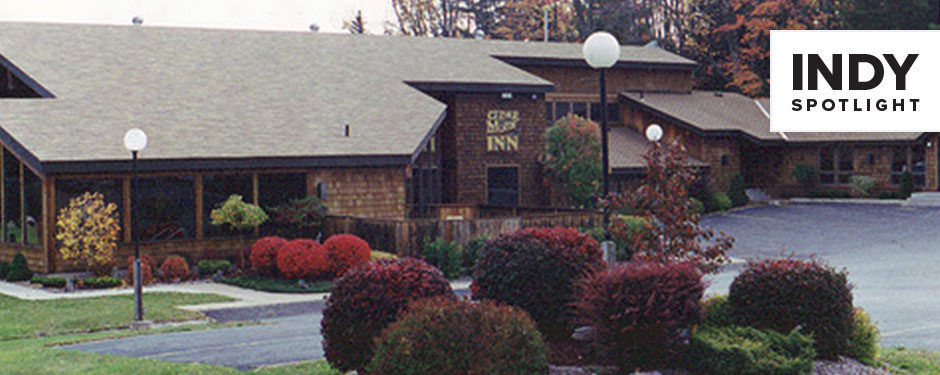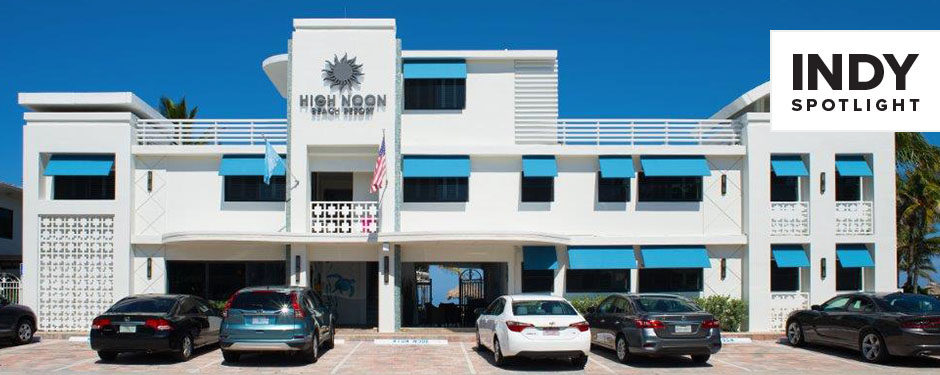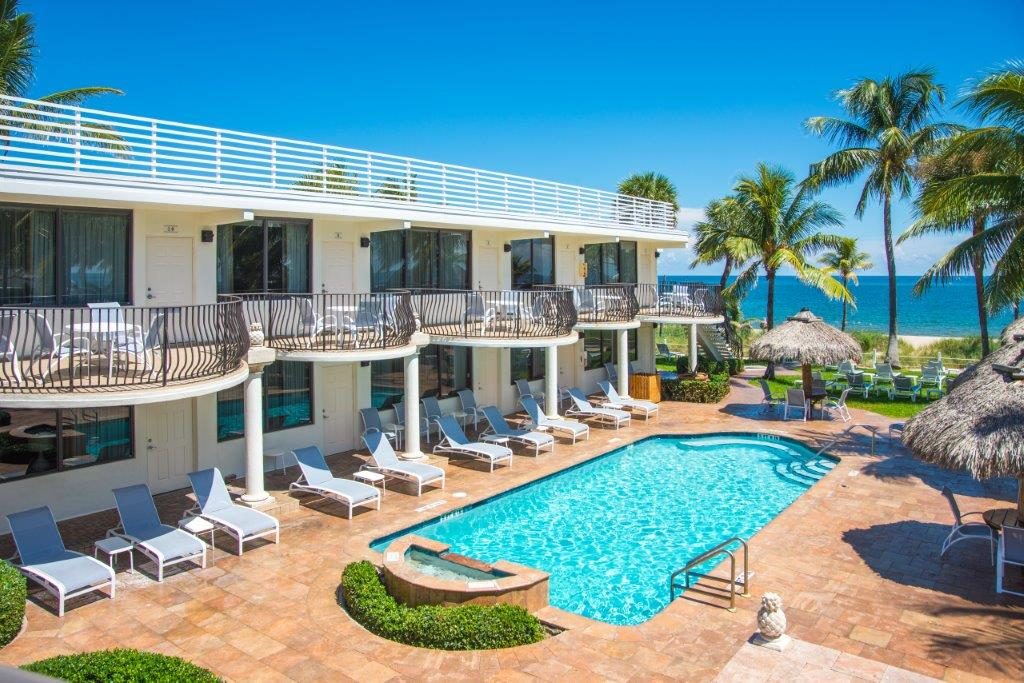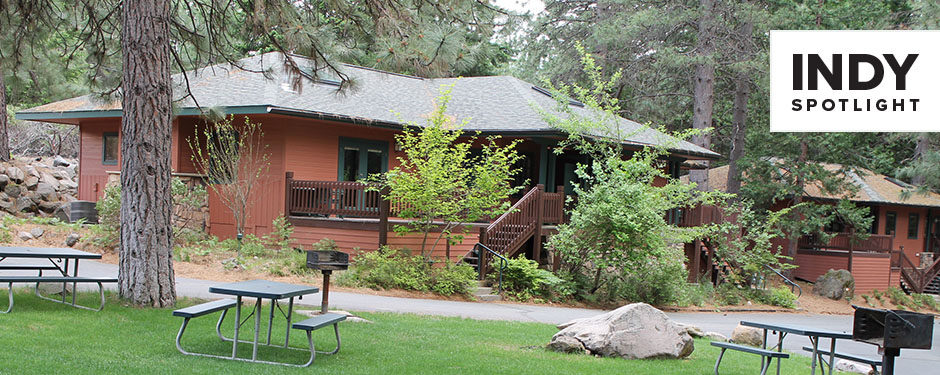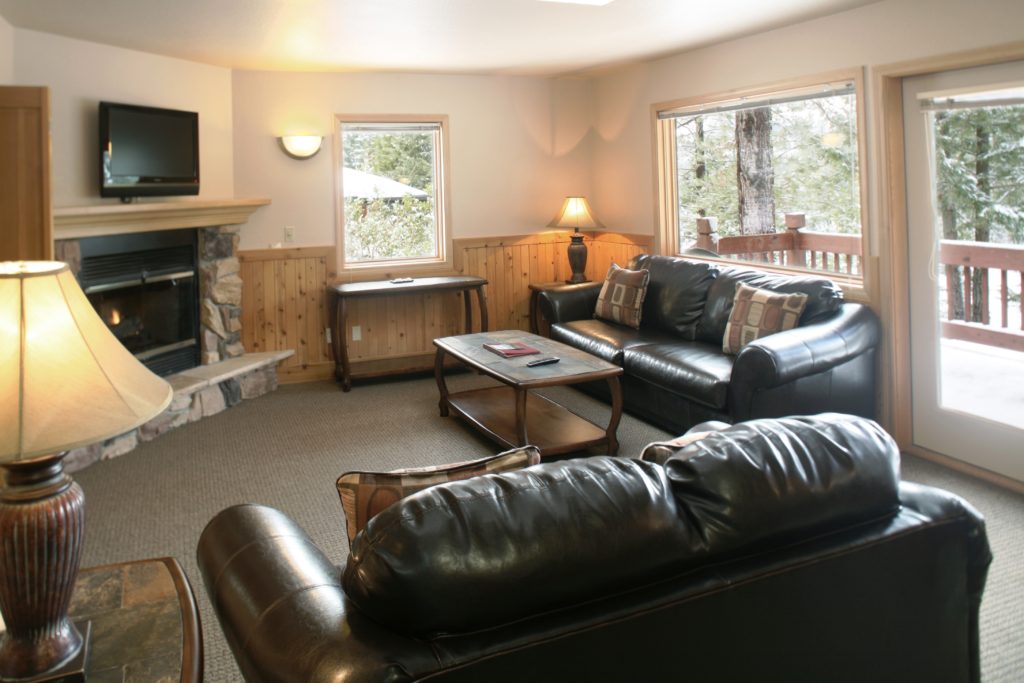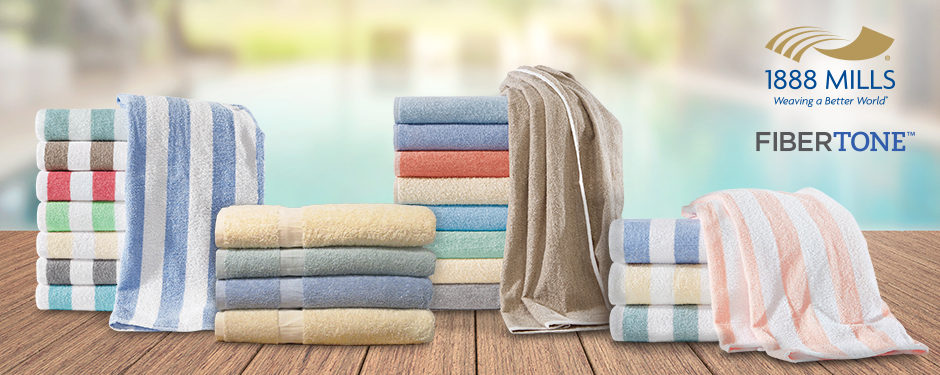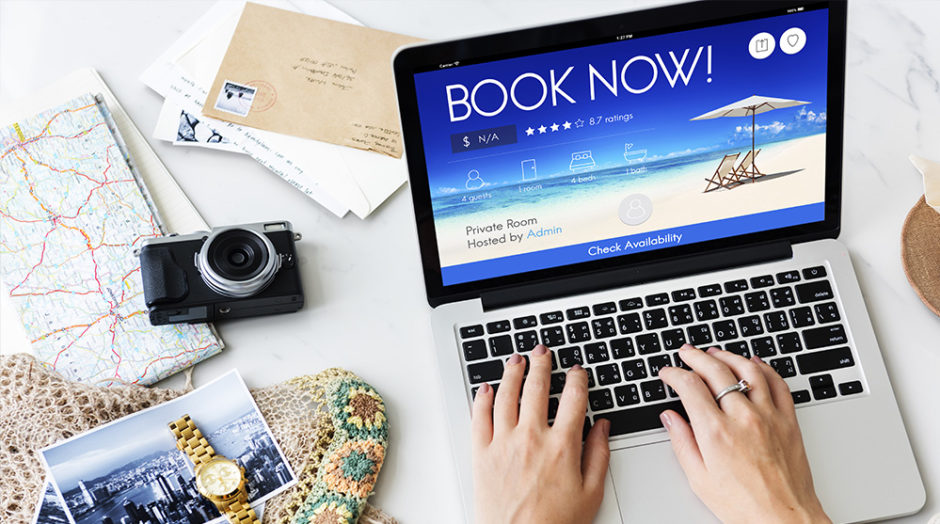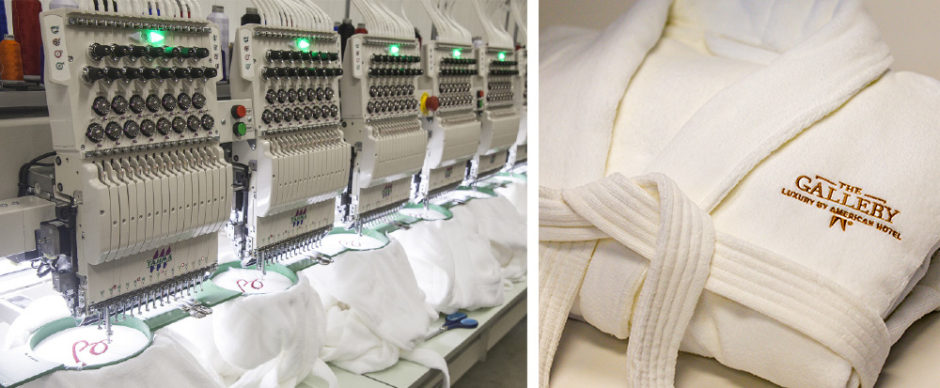In this new series, we spotlight independent hotels to learn more about the everyday challenges, rewards, and opportunities of running an independent property.
Location: Chicago, Illinois
Occupancy: Nine guest rooms, two apartments
Open: Year round
Website: wickerparkinn.com
In the heart of the hip and trendy Wicker Park neighborhood of Chicago you’ll find the Wicker Park Inn, a boutique bed and breakfast offering both traditional guest rooms and apartment vacation rentals. Guests can go from the comfort of their well-appointed rooms to any number of great restaurants, shops, art galleries, or clubs in just minutes.
We spoke with owner Laura Yepez to learn more about what makes the Wicker Park Inn special and how she’s turned the challenge of running an independent hotel into a success story.
Q. Tell us a little bit about your property – its history and what makes it unique.
LY: Situated in a historic home, the Wicker Park Inn offers nine luxurious guest rooms. Each room is beautifully designed with elegant decor, modern amenities, and unique details such as exposed brick walls, wallpaper accents, a decorative fireplace, skylights, and wooden floors. Rooms also feature private bathrooms, high-quality linens, satellite TV, and high-speed wireless internet. Our apartments are equally luxurious and include fully equipped kitchens.
Q. How do you promote your property?
LY: Our rooms are available to book on multiple channels such as Expedia, Booking.com, VRBO, and Airbnb. We encourage guests to book directly, but understand that people have many ways to make travel arrangements. We also advertise with Google and Bing, send monthly newsletters, and are active on social media.
Q. What are some of the biggest challenges when it comes to buying products?
LY: Because I am a smaller property, buying in bulk is not always the best choice. However, we’ve been able to partner successfully with American Hotel Register to find the right products for our property and in the right quantity. I can buy just one hair dryer if needed – that’s pretty amazing!
Q. What are some other roadblocks you face as an independent hotel? How do you overcome these challenges?
LY: Business travelers are not always the final decision-makers on where to stay, and loyalty points play a large role in booking accommodations. As an independent hotel, I have to price competitively and offer free amenities to appeal to this market. Because we are a boutique property, many guests choose to stay with us over a big chain hotel. We also offer corporate rates and repeat guest discounts to attract and retain guests.
Also, because we are a boutique property with fewer than 10 rooms, I started to market the Wicker Park Inn as an all-inclusive property for group accommodations, including corporate retreats, weddings, family reunions, and school trips. Our property appeals to groups who want full-service, elevated accommodations in a private setting. Group reservations have been very successful for us.
Q: What advice would you give to those new to owning or managing an independent hotel?
LY: Offer a unique experience that appeals to your ideal guest. Market yourself on what sets you apart, and follow up with your guests to ensure they stay with you again and again.
At American Hotel, we deliver all you need, when you need it … so you can focus on what matters most. Explore our vast product assortment at americanhotel.com.

